FromSoftware’s Dark Souls Remastered is out on Nintendo Switch today, and for gamers that never got the chance to play the original, now is the perfect time to dive in. Few titles can compare with the series’ elaborate boss battles, high difficulty curve, and fluid melee combat. It’s pretty entertaining to pass around the controller and let your friends play too, mostly for their inevitable frustration when “YOU DIED” flashes on screen. Picture that same feeling all over again but now in hand-held mode on Nintendo Switch in social settings on the go: bbqs, camping, roller coasters you name it. A whole new way to enjoy the title that has shaped the genre.
Dark Souls was revolutionary when it first came out in 2011. In the game, players venture through a fantastical open-world setting, collecting loot, attacking enemies, leveling up their character, and engaging in challenging boss battles along the way. The series is notorious for its incredibly high skill ceiling, and fans constantly encourage each other to “git gud” in order to finish the game. Of course, that’s easier said than done, and the game is notorious for frustrating YouTubers and Twitch streamers worldwide.
Dark Souls isn’t just difficult, it’s punishing. The game’s death system forces players to reach the same location where they died so they can collect their “humanity” and “souls” currency from their “bloodstain.” The bloodstain only lasts through the player’s following life, and if the player dies before reaching it, their dropped humanity and souls will vanish. As both resources are responsible for letting players level up, increase their weapon damage against enemies, or play against other users online, it’s imperative that players reach where they died on their last life, lest they hold themselves back.
While role-playing games like Mass Effect 1 and The Witcher 2 were praised for their immersive story and criticized for their relatively underwhelming combat mechanics, Dark Souls incentivized players to learn enemy attack patterns, make as few mistakes as possible, and stay focused. At the time, that turned heads. Bioware and CD Projekt wanted to make sure players weren’t frustrated with their RPGs. FromSoftware wanted you to die 100 times during a boss battle, and then 100 more times on the way to the next. Improving your capabilities is part of the game’s design; its frustratingly intense combat is the core mechanic keeping players motivated. There’s just nothing like killing that boss you’ve been working on for the past two hours.
Calling other video games “the Dark Souls of its genre” is a meme in its own right, but Dark Souls’ incredibly punishing mechanics, difficult boss battles, and frustrating game overs made the game stand out, and developers paid attention.
When Nintendo launched the Nintendo Switch, it debuted the console with The Legend of Zelda: Breath of the Wild. Instead of giving players a linear RPG, Breath of the Wild throws players into an open world filled with enemies to kill, loot to score, new regions to discover, and powerful bosses that require the player’s undivided attention. Link even has his own stamina wheel, which players have to carefully manage while reading enemy attack patterns, dodging incoming blows, and swinging their sword at just the right moment.
While Breath of the Wild is certainly much more forgiving than any FromSoftware game in recent memory, Nintendo distilled Dark Souls’ open-world exploration and trial-by-error combat system into an action-adventure RPG, and Breath of the Wild remains one of the most popular Nintendo Switch games in the console’s short history as a result.
Then there’s Dark Souls’ most obvious influence on the gaming industry: its difficult-to-learn, rewarding-to-master approach to boss battles and enemy duals. 2D shoot-’em-up platformer Cuphead embraces that approach by forcing players to study bosses’ attack patterns and figure out how to land shots, even if that means dying dozens of times. The Binding of Isaac, on the other hand, sends players into an atmospheric dungeon crawl where they must safeguard their health against fantastical enemies that move and attack in erratic ways.
Like Dark Souls, both games have high skill ceilings that are difficult to overcome. But players pride themselves on sinking hour after hour into Cuphead and The Binding of Isaac’s easy-to-learn, difficult-to-master gameplay because they want to “git gud,” just like Dark Souls.
Even multiplayer games feel Dark Souls’ influence. In the online MMO Fallout 76, Bethesda’s Todd Howard wants to “turn the assholes into interesting content” and let players hunt down “wanted murderers” for a bounty. Of course, Fallout 76’s system isn’t all that different from Dark Souls’ multiplayer features. In the latter, players can invade other users for a reward, and if the invaded player dies, they can write their attacker’s name into the Book of the Guilty. The invader then joins a bounty list for the Blades of the Darkmoon, where the covenant’s members can hunt down and kill the Book of the Guilty’s “sinners” for their own prize. Just like Dark Souls, Fallout 76 embraces a death-by-karma design that gives players an incentive to attack each other, making PvP combat all the more challenging.
These days, FromSoftware has gradually left the Dark Souls series for its upcoming action-adventure title Sekiro: Shadows Die Twice. But for many fans, the Souls saga lives on through games like The Binding of Isaac, Cuphead, and even Fallout. When it comes to the most influential titles on the Nintendo Switch, Dark Souls Remastered is a great addition.

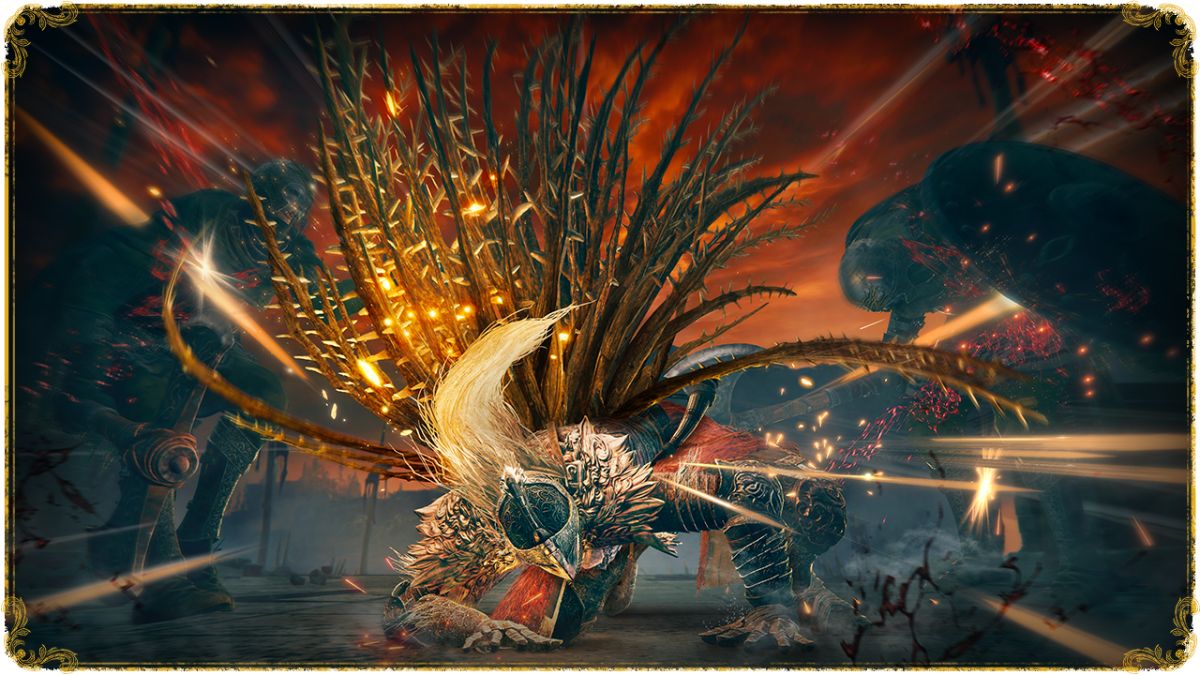
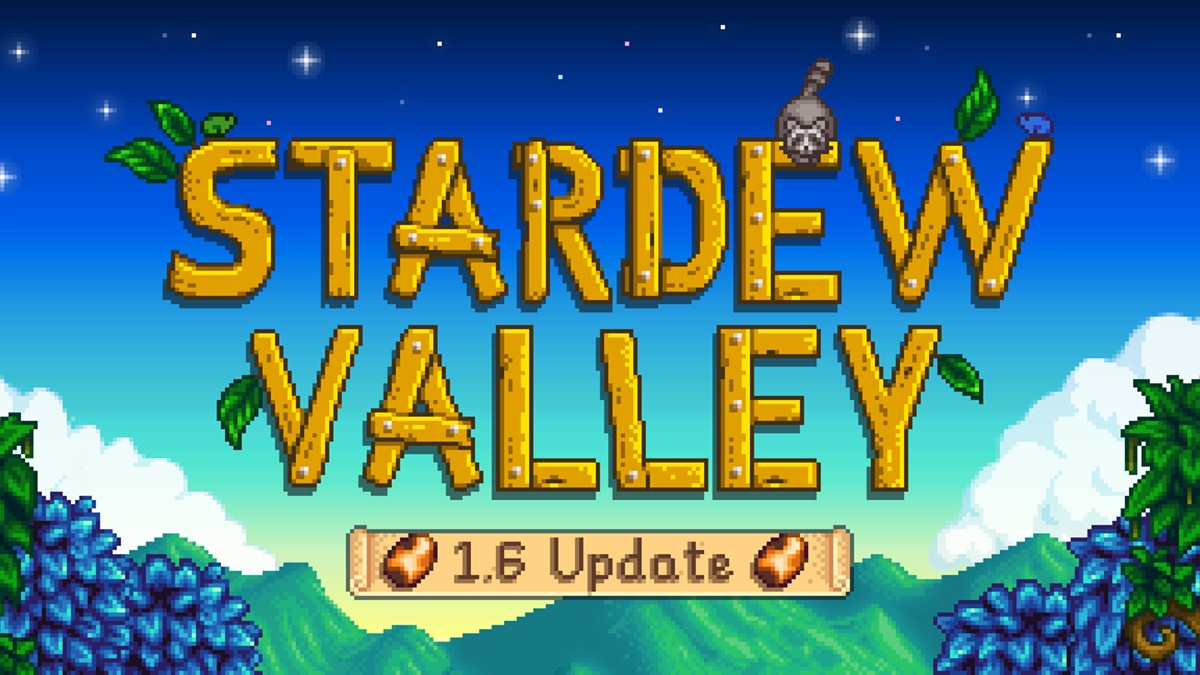
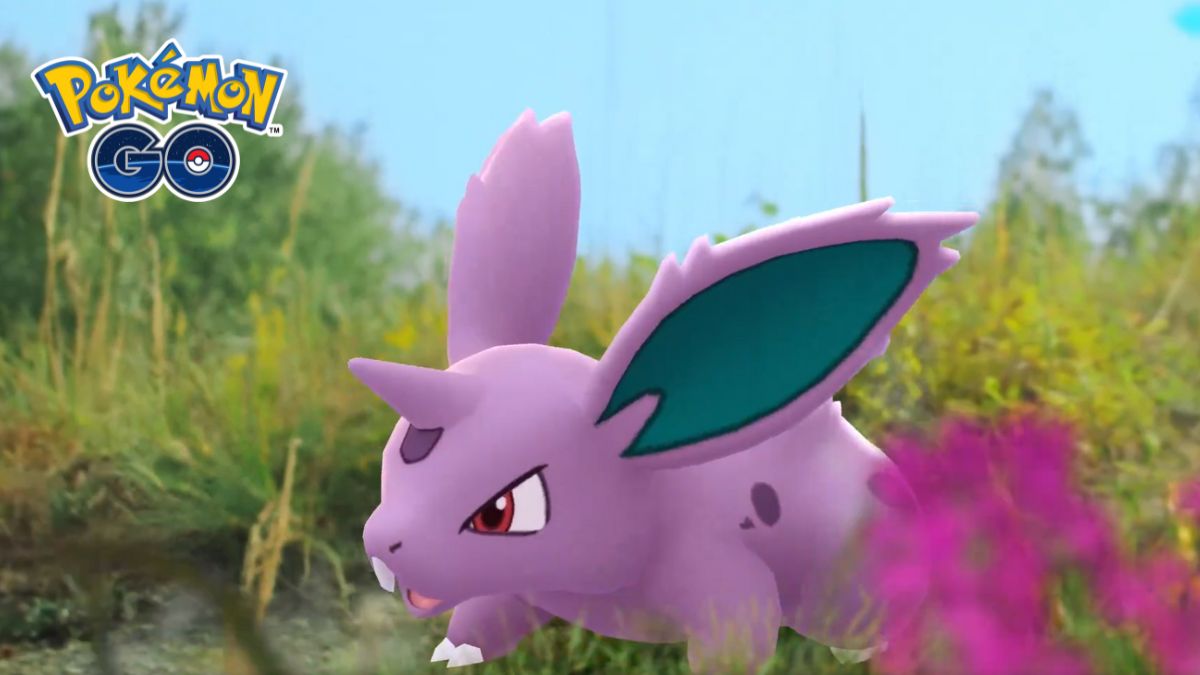
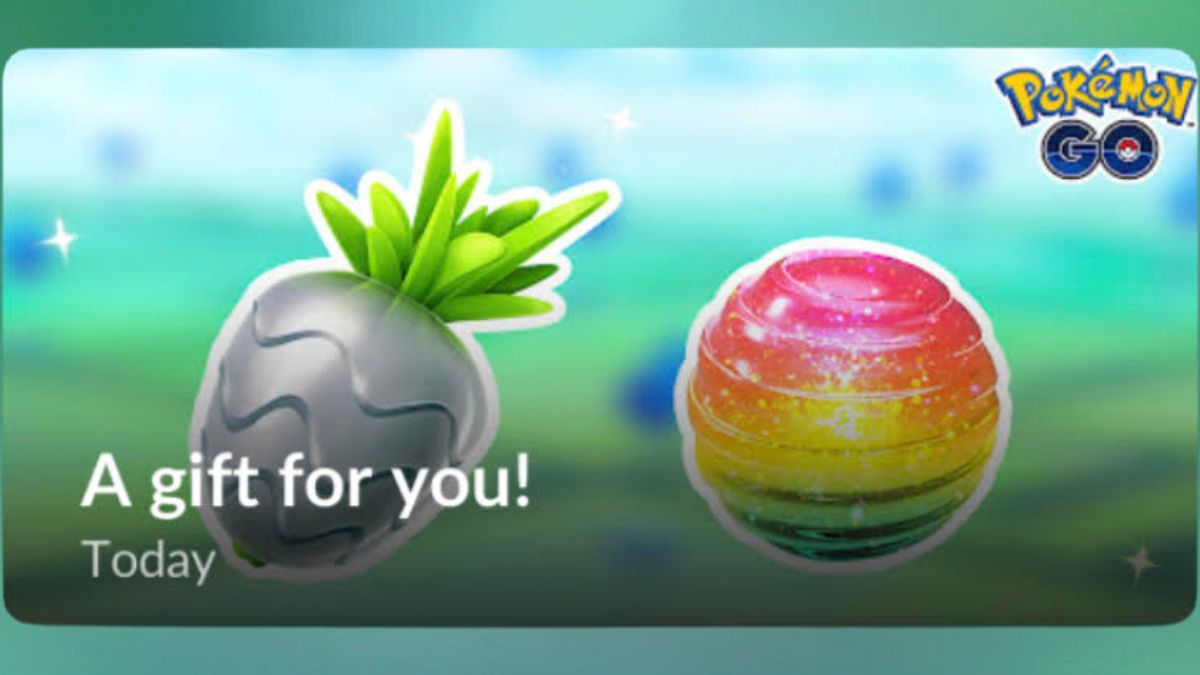
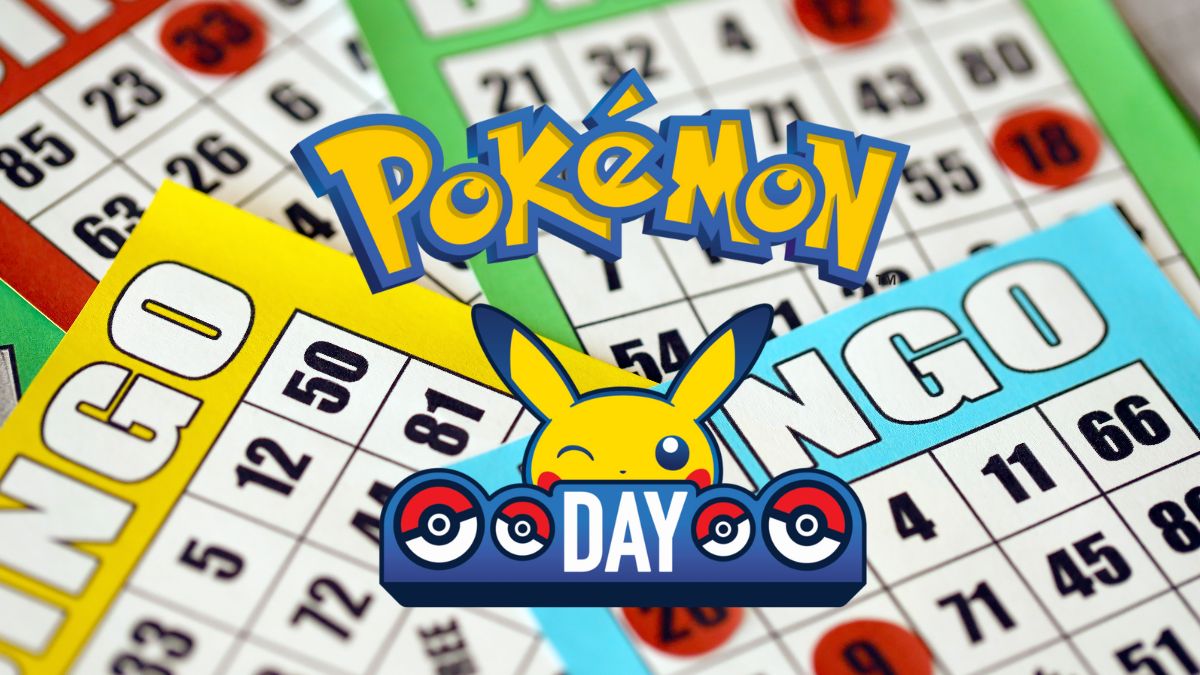
Published: Oct 29, 2018 04:25 am